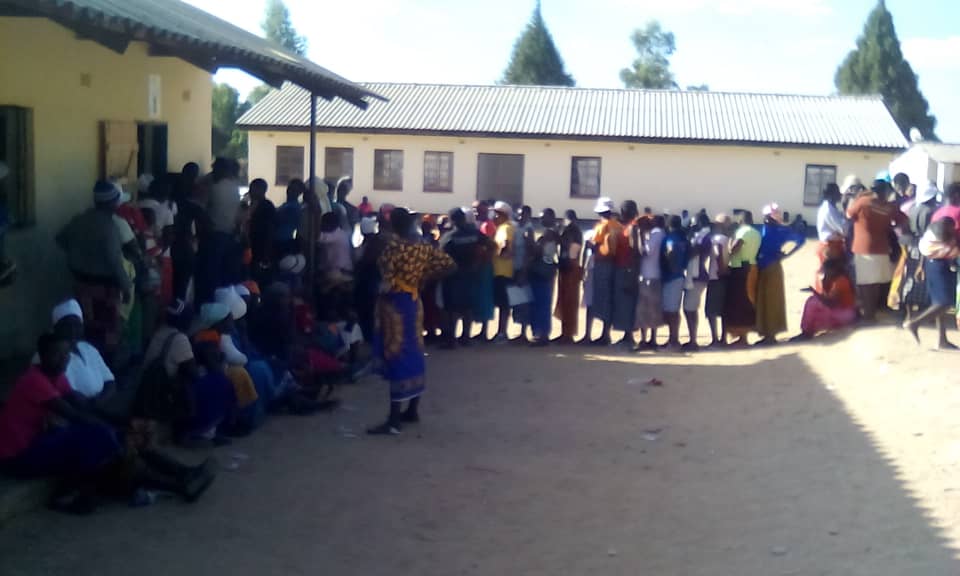
A 2018 gender audit on elections by the Women in Politics Support Unit (WiPSU), released on Thursday, has revealed that female candidates in the July 30 polls suffered a lot of hate speech and violence, which in turn impaired their political participation.
BY VENERANDA LANGA
WiPSU director Sakhile Sifelani Ngoma, in her opening remarks at the launch of the report in Harare, described the 2018 plebiscite as “a very difficult election for women”, adding that it is now time to rethink strategies that can protect women in politics ahead of the 2023 elections.
Buhlebenkosi Tshabangu-Moyo, who presented the WiPSU gender audit report, said the 2018 election was a highly digital election, resulting in increased use of social media hate speech, with a record 2 470 candidates using social and electronic media to reach out to citizens.
“The many faces of violence attack undermine and deter women’s participation in public political affairs and in the electoral cycle,” Tshabangu-Moyo said.
“A record of 1 822 women contested for seats in the 2018 elections, an increase of over 900 women since the 2013 elections,” she said.
Rumbi Katedza, who presented the WiPSU report on hate speech, said in their tracking from the month of January 2017 to November 30 2018 (23 months), it was revealed that 3 122 incidents of hate speech, with 57% of the perpetrators being male and 43% being female, were exposed.
“A total of 1 699 women candidates were targets of hate speech, while 949 males were victims of hate speech. It becomes clear that women contesting in elections are subjected to the abusiveness of hate speech twice more than their male counterparts, raising the issue of discriminatory practices within the political context, undermining women rights to equal opportunities,” Katedza said.
- Chamisa under fire over US$120K donation
- Mavhunga puts DeMbare into Chibuku quarterfinals
- Pension funds bet on Cabora Bassa oilfields
- Councils defy govt fire tender directive
Keep Reading
She said there was also hate speech churned out by members of the public (60%) during the elections, which shows that there is need for voter education which speaks to the code of conduct.
“All presidential candidates were subjected to hate speech. Women presidential candidates were subject to double the hate speech that their male counterparts received. Four hundred and twenty one incidents of hate speech against women presidential candidates were recorded, compared to 256 incidents targeted on male presidential candidates,” Katedza said.











